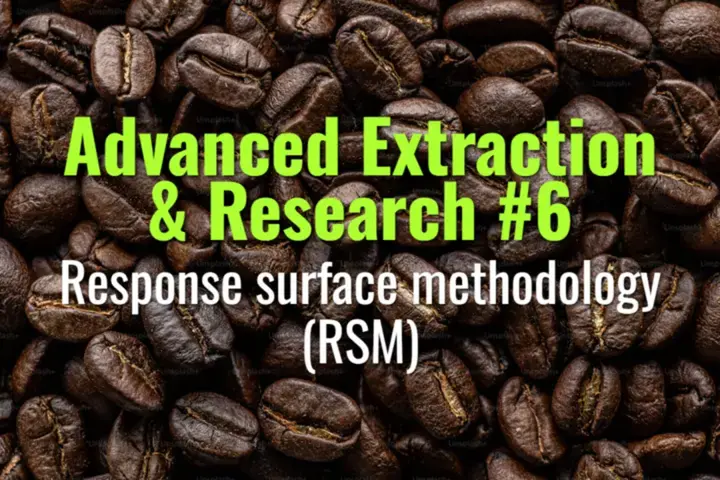
Response surface methodology (RSM)
How Response Surface Methodology (RSM) is applied in coffee research to optimize brewing and roasting by modeling variable interactions.

How Response Surface Methodology (RSM) is applied in coffee research to optimize brewing and roasting by modeling variable interactions.
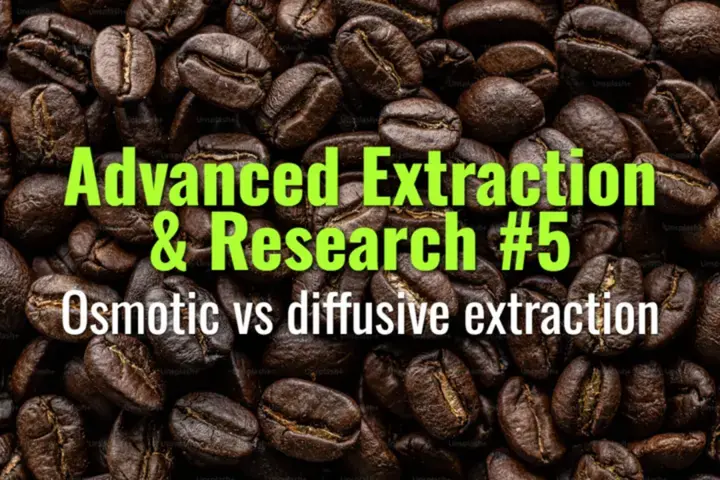
The difference between osmotic and diffusive extraction in coffee brewing, and how these mechanisms explain solute movement from grounds into water.
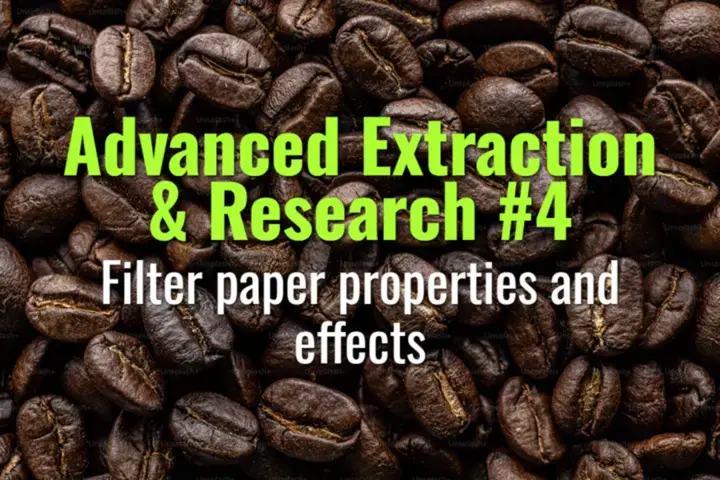
How filter paper properties—thickness, porosity, material, and treatments—affect flow, clarity, and flavor in brewed coffee.
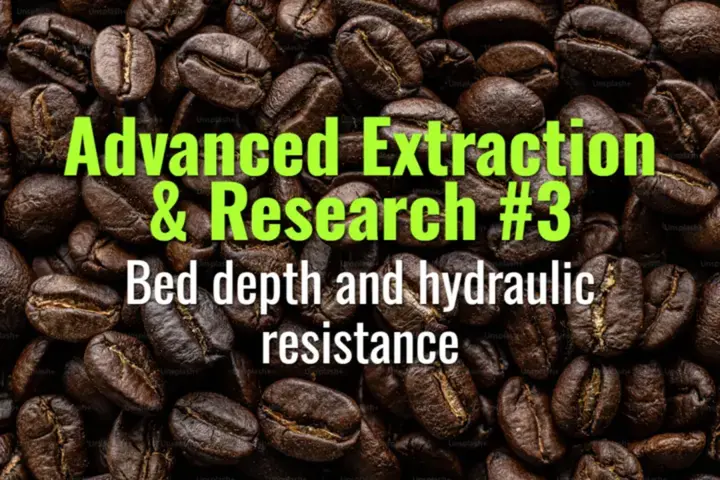
How coffee bed depth influences hydraulic resistance in espresso and filter brewing, shaping flow rates, extraction uniformity, and flavor balance.
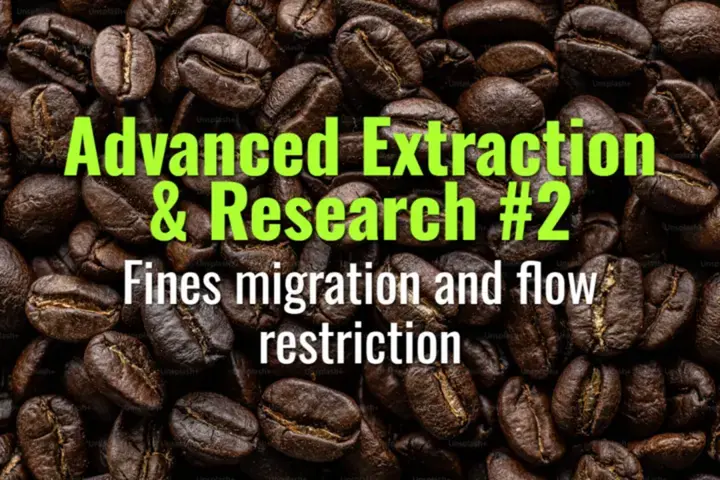
How fines migration—the movement of tiny coffee particles during extraction—affects flow restriction, channeling, and cup quality.
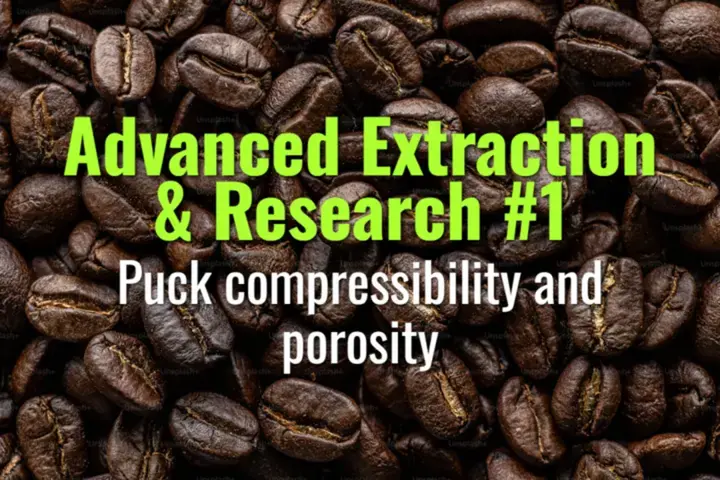
How the compressibility and porosity of an espresso puck influence flow resistance, extraction uniformity, and cup quality.